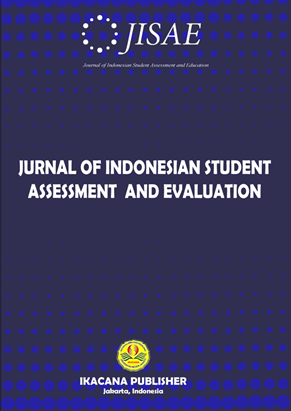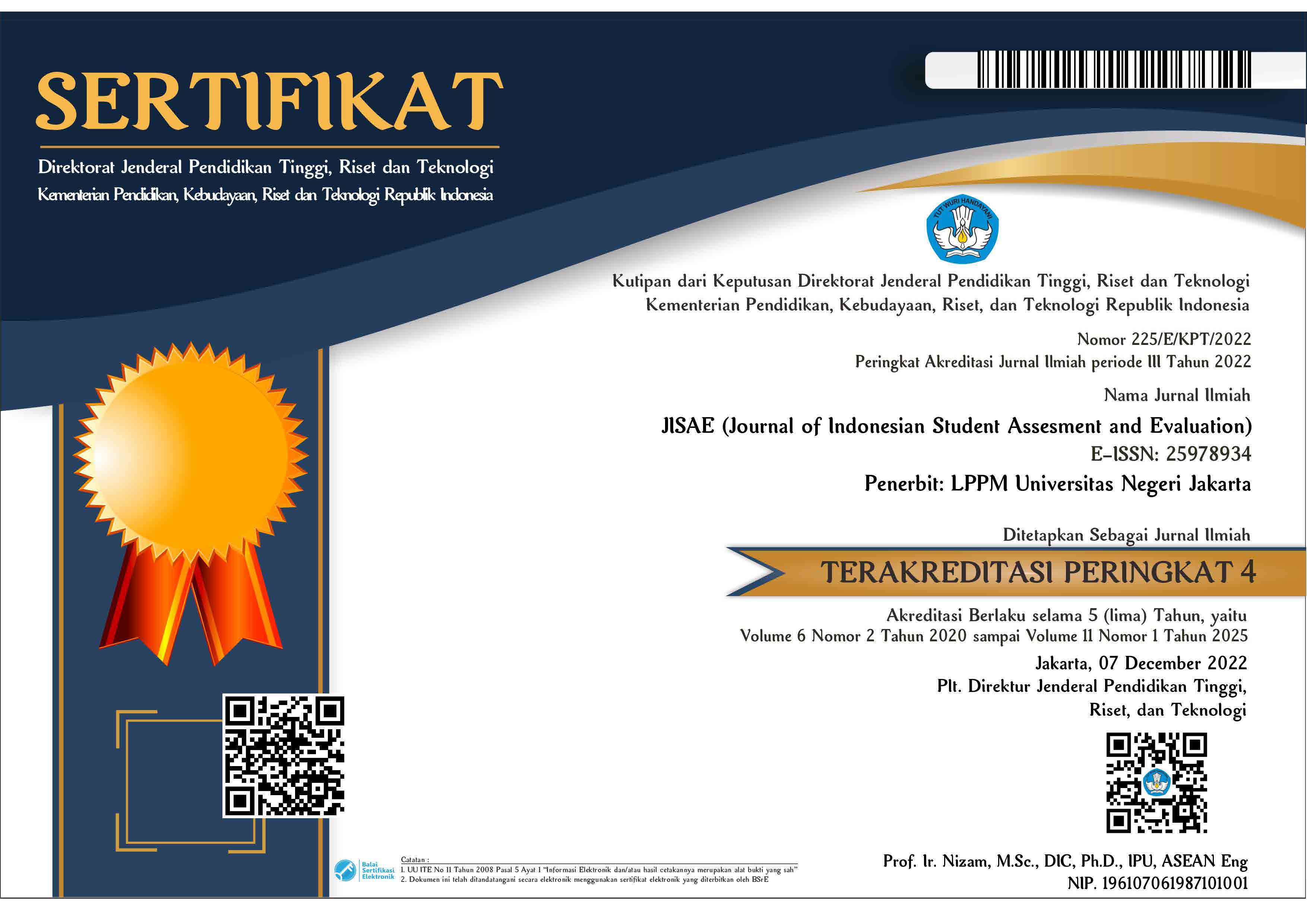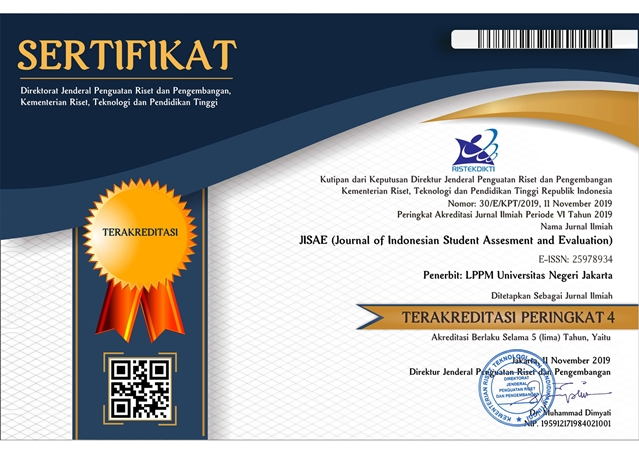THE EFFECT OF HYDROPONIC GARDENING ACTIVITIES AND PARENT INVOLVEMENT ON CHILDREN’S NATURALISTIC INTELLIGENCE
DOI:
https://doi.org/10.21009/jisae.v4i2.9693Abstract
Living in a big city such as Jakarta that is densely populated and crowded is challenging. The limited open land is an obstacle for schools in urban areas, especially in the Central Jakarta region, to stimulate children's naturalistic intelligence and sometimes become a forgotten thing. The rapid progress of technology and information makes children become electronic addiction and nature deficit disorder. The teacher feels it is difficult to carry out activities related to nature.
The results of preliminary observations show that the naturalistic intelligence of early childhood still has not received attention to be developed. The lack of teacher creativity to create and design activities to improve children's naturalistic intelligence is also another obstacle. Likewise, parent involvement in children's learning activities is still not optimal.
The aims of this study was to look at the effect of hydroponic gardening activities and parents involvement on the naturalistic intelligence of early childhood. This study included an ex post facto study using a quantitative survey research approach to TK B children. The results of the studyshowed that there were hydroponic gardening activities and parental involvement had a significant influence on naturalistic intelligence in early childhood. Urban farming activities such as hydroponic gardening need to beintroduced to kindergaten teachers to get around the limited land in schools. Hydroponic gardening activities can bedesigned so parents can be involved in learning with children and teachers with a pleasant atmosphere











